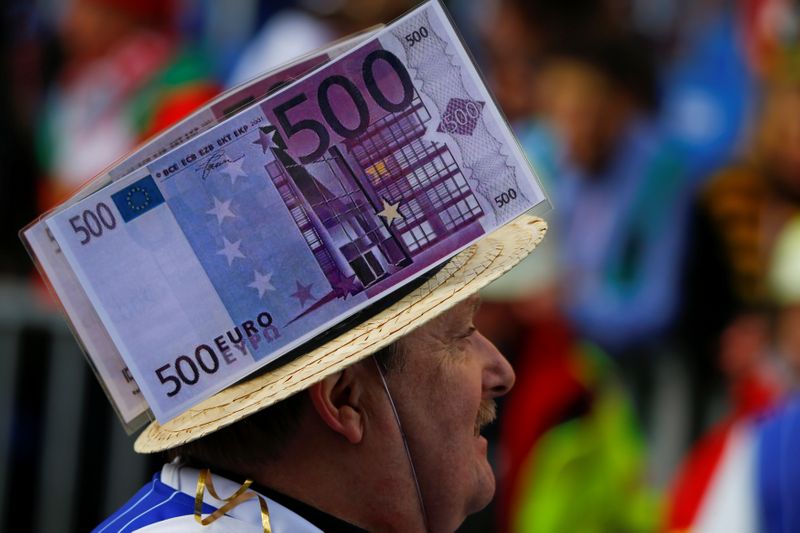BRUSSELS (Reuters) - Euro zone producer prices fell in November for the fourth consecutive month but their drop was slower than in October and smaller than expected, official estimates showed on Monday.
The European Union's statistics agency Eurostat said prices at factory gates in the 19 countries sharing the euro dropped by 1.4% on the year in November, after a 1.9% plunge in October.
Economists polled by Reuters had forecast a 1.5% fall on the year in November.
The slowdown in industry deflation was mostly caused by a less prominent fall in energy prices, which declined by 6.1% in November after a 7.7% drop in October.
Without that volatile component, industrial producer prices rose 0.3% in November, the same rate as in October.
Prices of non-durable consumer goods, such as clothing, went up by 1.7% on the year. Durable consumer goods, like fridges or cars, recorded a 1.6% inflation at factory gates.
On the month, overall industry prices rose by 0.2% in November after stalling in October.
Producer prices signal inflationary pressure early in the pipeline because, unless absorbed by intermediaries and retailers, changes are transmitted to the final consumer, impacting headline inflation.
The European Central Bank wants to keep consumer inflation below, but close to 2% over the medium term, but has struggled to accelerate price growth for years despite programmes of government bond buying on the market.

Euro zone headline inflation accelerated to 1.0% in November and economists polled by Reuters expect it to rise further to 1.3% on the year in December. Eurostat will release its preliminary estimates for December on Tuesday.